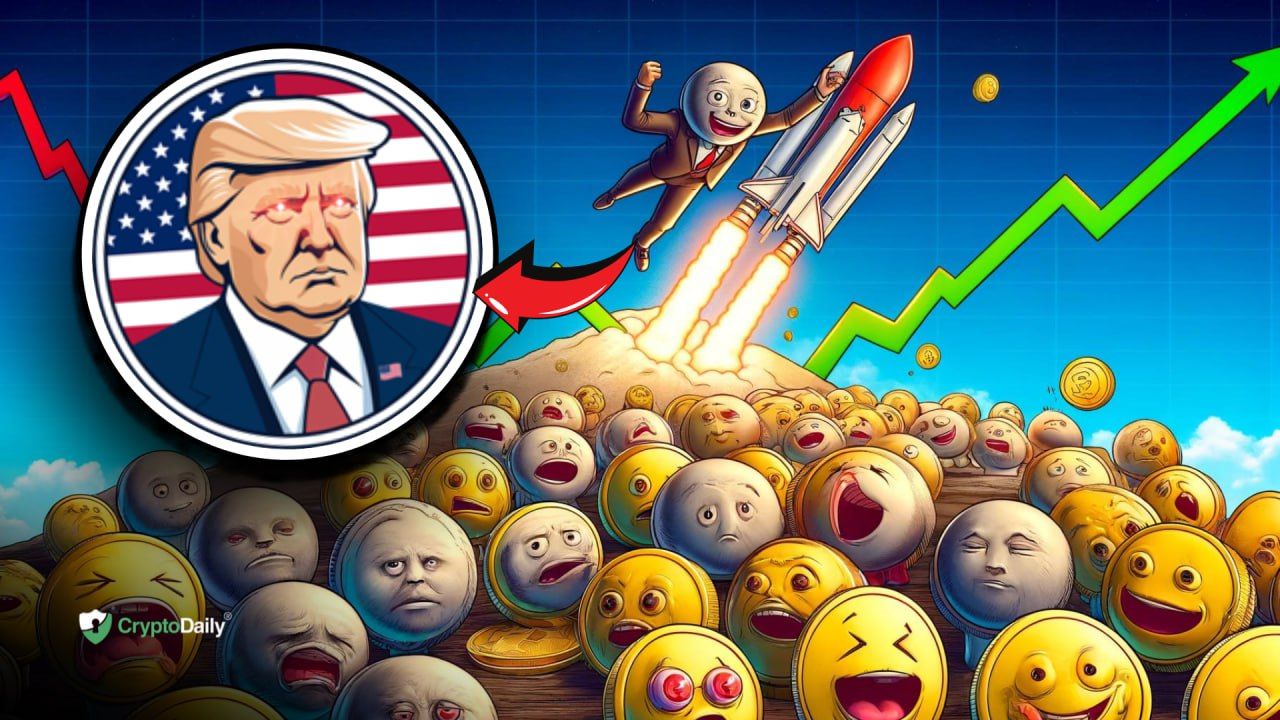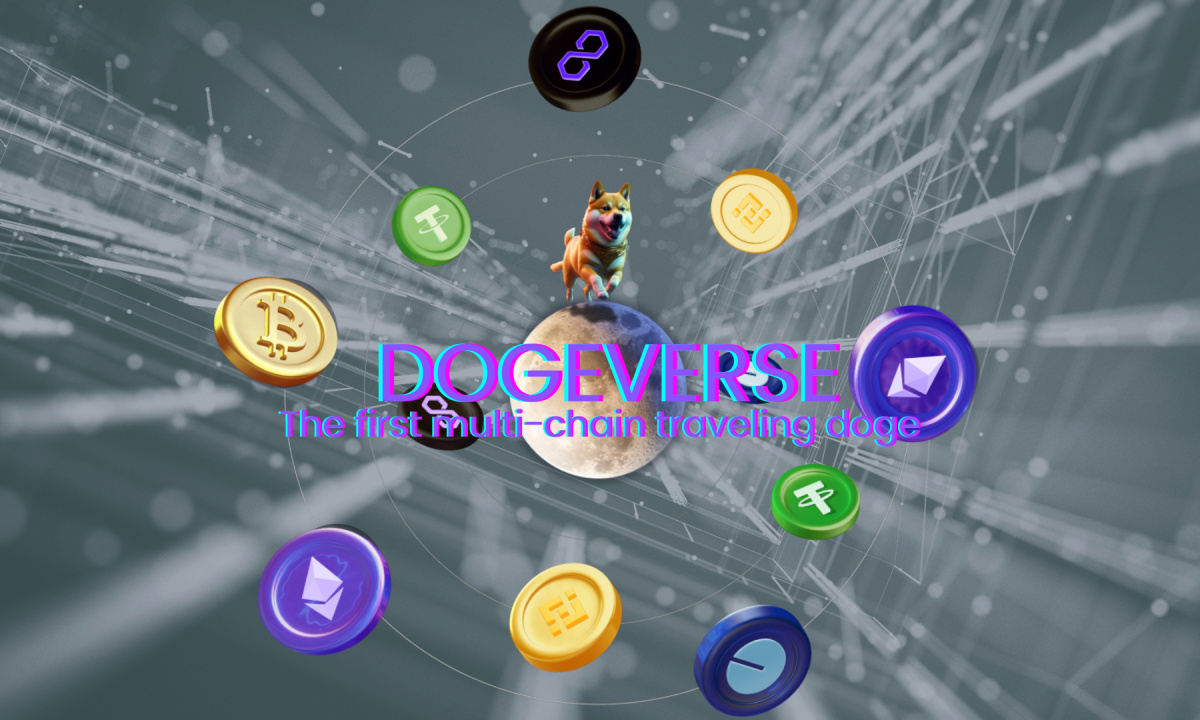China's search giant Baidu announced on Twitter that it's developing an ultra-fast blockchain network called XuperChain that can handle over 10,000 transactions a second using inter-chain parallel and side-chain technologies. Its Sept. 27 whitepaper describes a new service dubbed Baidu BaaS (blockchain-as-a-service) that could eventually compete with other major blockchain providers such as IBM Blockchain, Google Cloud, Amazon Web Services (AWS) and Microsoft Azure — at least when it comes to Asian markets. Currently, most U.S. companies (65%) prefer IBM Blockchain to provide enterprise-scale blockchain solutions, according to Sept. 2018 survey by Juniper Research. Second-place Microsoft got 7% of the votes. The paper discussed six XuperChain applications: Totem, Degree Universe, Baidu Association, Treasure Chest, Encyclopedia Online and Hubert. Totem uses blockchain technology to manage the intellectual property rights of images including the prevention of copyright infringements. However, it's interesting that Baidu is developing such technology given that China is well-known for widespread infringement of Western intellectual property. Thus, a key question is whether such technology can be used to protect Western IP when it may not be in China's interest to do so. According to its website. Baidu will also use artificial intelligence to monitor copyright violations on the web. The company expects XuperChain to be more effective than traditional blockchains because its use of parallel calculations and side-chains make it possible to utilize less powerful hardware. Baidu listed several applications of its next-generation blockchain network. These include food quality safety; quality control of products; control of retail trade; manufacturing; financing of supplies; intellectual property; tourism; and social networks.
Baidu Blockchain Lab released Baidu #Blockchain Whitepaper v1.0 today, introducing the Lab’s independently-researched XuperChain network system. Integrating XuperChain w/ AI+Big Data, we have released 6 applications, incl. #Totem, in the fields of copyright, info security & more! pic.twitter.com/0DGrMUaPqD
— Baidu Inc. (@Baidu_Inc) September 26, 2018
Speaking on artificial intelligence this week, Baidu chairman Robin Li Yanhong said that AI is poised to displace a lot of jobs and could be more disruptive than the internet. "If the internet was the appetizer, then AI is the main course,” said Li at the Bloomberg Global Business Forum in New York. "The internet changed a lot of our daily lives, but did not have much impact on the 2B industries. I think AI will change that." China has made the development of AI technology a top priority and wants to be an industry leader by 2030. It's all part of the government's "100-Year Marathon" strategy in which Beijing wants the private and public sectors to cooperate and make China the global leader in science and technology. But it's increasingly viewed as a controversial approach given China's reluctance to respect intellectual property rights in the U.S., Europe and other regions, as well as, Beijing's willingness to overstep bounds when clashing with other nations' sovereignty claims. A study by International Monetary Fund predicts that 26 million jobs globally will be displaced because of AI. A different study by McKinsey & Co. estimates that between 400 million and 800 million jobs worldwide could be displaced by automation by 2030. Articles by Marvin Dumont: Google-Funded Veem Uses Bitcoin To Improve Int’l Payments Goldman Sachs-Backed Circle Launches Stablecoin USDC Diamond-Backed Token Makes Debut On First Exchange FBI And IRS Unmasking Crypto Investors By Paying Firms Regulators Must Lead On Blockchain: IBM Report
Investment Disclaimer







